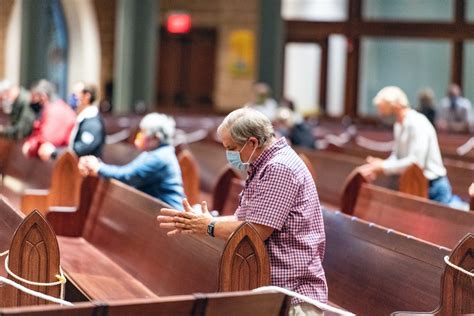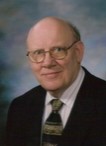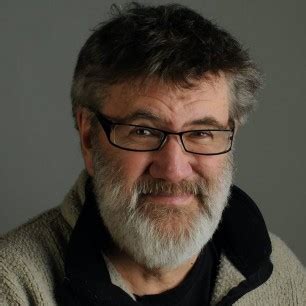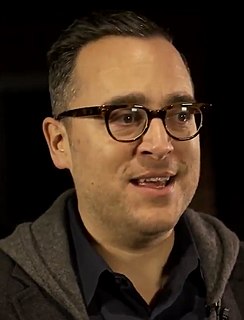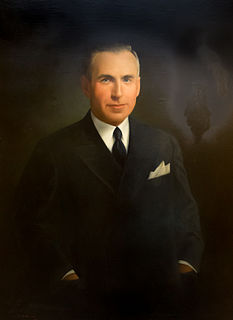A Quote by Frederick Buechner
The kind of work God usually calls you to is the kind of work (a) that you need most to do and (b) that the world most needs to have done....the place God calls you to is the place where your deep gladness and the world's deep hunger meet
Related Quotes
By and large a good rule for finding out is this: the kind of work God usually calls you to is the kind of work a) that you need most to do and b) the world most needs to have done. If you really get a kick out of your work, you've presumably met requirement a), but if your work is writing TV deodorant commercials, the chances are you've missed requirement b).
The living can't quit living because the world has turned terrible and people they love and need are killed. They can't because they don't. The light that shines into darkness and never goes out calls them on into life. It calls them back again into the great room. It calls them into their bodies and into the world, into whatever the world will require. It calls them into work and pleasure, goodness and beauty, and the company of other loved ones.
I make soup and I back bread and I know my supreme need is joy in God and I know I can't experience deep joy in God until I deep trust in God. I shine sinks and polish through to the realization that trusting God is my most urgent need. If I deep trusted God in all the facets of my life, wouldn't that deep heal my anxiety, my self-condemnation, my soul holes? The fear is suffocating, terrorizing, and I want the remedy, and it is trust. Trust is everything. If fear keeps our lives small, does a life that receives all of God in this moment grow large too?
Christ is already in that place of peace, which is all in all. He is on the right hand of God. He is hidden in the brightness of the radiance which issues from the everlasting throne. He is in the very abyss of peace, where there is no voice of tumult or distress, but a deep stillness--stillness, that greatest and most awful of all goods which we can fancy; that most perfect of joys, the utter profound, ineffable tranquillity of the Divine Essence. He has entered into His rest. That is our home; here we are on a pilgrimage, and Christ calls us to His many mansions which He has prepared.
The deep-read is when you get gut-hooked and dragged overboard down and down through the maze of print and find, to your amazement, you can breathe down there after all and there’s a whole other world. I’m talking about the kind of reading when you realize that books are indeed interactive. . . . I’m talking about the kind of deep-read where it isn’t just the plot or the characters that matter, but the words and the way they fit together and the meandering evanescent thoughts you think between the lines: the kind of reading where you are fleetingly aware of your own mind at work.
Why is it important that you are with God and God alone on the mountain top? It's important because it's the place in which you can listen to the voice of the One who calls you the beloved. To pray is to listen to the One who calls you 'my beloved daughter,' 'my beloved son,' 'my beloved child.' To pray is to let that voice speak to the center of your being, to your guts, and let that voice resound in your whole being.
When we see the need for deep change, we usually see it as something that needs to take place in someone else. In our roles of authority, such as parent, teacher, or boss, we are particularly quick to direct others to change. Such directives often fail, and we respond to the resistance by increasing our efforts. The power struggle that follows seldom results in change or brings about excellence. One of the most important insights about the need to bring about deep change in others has to do with where deep change actually starts.




